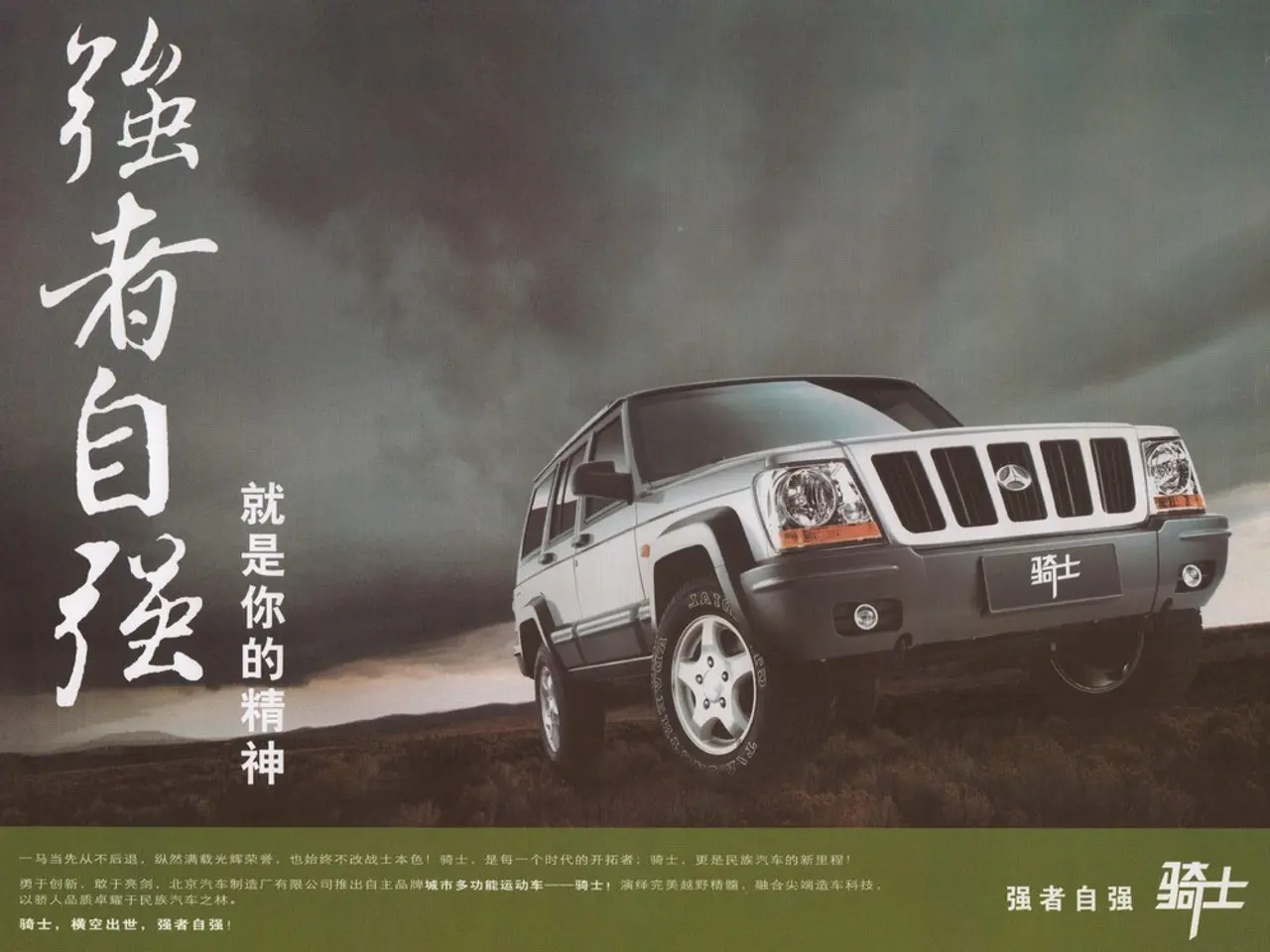Investment firm Didi agrees on a $740 million settlement for a lawsuit related to its initial public offering in the United States.
In the bustling world of tech giants, Didi Global Inc., often referred to as China's answer to Uber Technologies Inc., has had a turbulent journey. The company made its debut in New York in 2021, but its path has been far from smooth.
Didi Global Inc. found itself in hot water shortly after its initial public offering (IPO), leading to a settlement with shareholders. The U.S. Securities and Exchange Commission (SEC) prompted the ride-hailing giant to agree to a settlement amounting to $740 million to resolve a shareholder lawsuit related to the management of its IPO. The lawsuit was over Didi's handling of the turbulent 2021 IPO.
Before this controversy, Didi Global Inc. had reported a profit of 854 million yuan in 2020. However, the company's fortunes took a turn for the worse, and it recorded a loss of 2.5 billion yuan ($351 million) for the June quarter of 2022.
One of the significant challenges Didi Global Inc. faced was the suspension of its app by Chinese regulators due to data security concerns. This suspension came months after Chinese regulators had asked the company to delay its IPO due to national security concerns involving its data.
Despite these setbacks, Didi Global Inc. has shown resilience. Since its delisting, the company has focused on reviving growth. The efforts seem to be paying off, as average daily transactions on Didi's platform in China reached a new high of 37.1 million in the June quarter. This growth led to a 11% increase in revenue for the company, with the June quarter revenue reaching 56.4 billion yuan.
Looking ahead, Didi Global Inc. aims to list on the Hong Kong stock exchange, though the timeline remains uncertain. As the company continues to navigate the challenges and strive for growth, it remains a fascinating study in the dynamic world of tech.
Didi's shares now trade over-the-counter in New York and remain significantly below its IPO price of $14. Despite this, the company remains optimistic about its future prospects and is determined to regain its position as a major player in the global ride-hailing market.
Read also:
- Indian Oil Corporation's Panipat Refinery secures India's inaugural ISCC CORSIA accreditation for Sustainable Aviation Fuel production
- Ford Bets on an Affordable Electric Pickup Revolution with a $30,000 Design
- Rapid Charging Stations for Electric Vehicles Avoiding Grid Overload
- TikTok's Artificial Intelligence Regulation Approach Meets Stiff Opposition from German Trade Union







